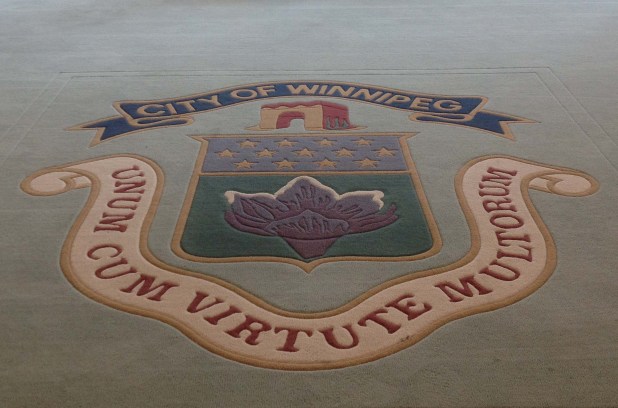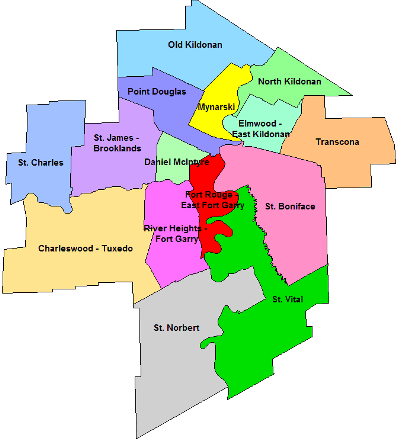All week we have discussed ideas on how Winnipeg’s City Hall could be improved. Those ideas included increasing the number of civic wards, accepting party politics in City Hall and eliminating the Executive Policy Committee.
Today we’re going to float an idea that would be much more radical; what if we scrapped the current system and adopted something completely different?
Winnipeg currently operates under a variation of a Mayor-council government model where citizens vote citywide for a mayor as well as a local councillor. This group then hires, on the advisement of the EPC, professional managers to carry out many day-to-day administrative operations. What if Winnipeg tried something different?
What if instead of electing councillors and a mayor at election time people were asked to vote for a commissioner responsible for a portfolio? A hybrid approach similar to Portland, Oregon where they elect commissioners who are responsible for managing specific job duties. Having positions with a direct correlation to services could attract innovative and highly qualified candidates to the field who could provide Winnipeg with vision and purpose.
Consider this idea like a public job interview for all the important functions of civic leadership. Rather than having an elected official hiring someone to manage the city’s waste management program, the public elects the individual with best credentials and ideas on how that portfolio should be administered. Imagine someone with an ecology background managing the water and waste management portfolio, or an ambitious architect overseeing planning and property development.
Now is the time to start imagining how our city could be better. Some changes could be implemented quickly and with little difficulty. Eliminating the Executive Policy Committee which in it’s current design is prone to corruption and cronyism or embracing a party platform format could see significant improvements on how decision are made at City Hall. Other ideas like adding, and inherently shrinking, electoral wards would provide a better representation of the views of the electorate on civic matters. There are also more radical approaches like scrapping the current system altogether and trying to implement something new and innovative.
Regardless of the type of changes people want to see at City Hall, now is the time to start discussing and planning. For me, I believe it is time for the City of Winnipeg to stop operating like it is a private business burdened by bothersome communities and starts running like a large and diverse community that conducts and supports progressive and responsible business.



